Keywords: Pope Benedict Xvi
-
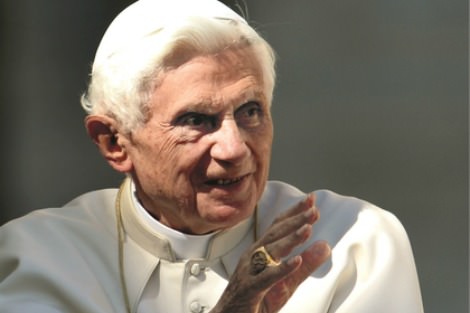
RELIGION
- Andrew Hamilton
- 08 February 2017
18 Comments
The inflated image I once had of Cardinal Ratzinger, and that many Catholics have of cardinals and other authority figures, was shaped by fear. Fear hands over to the human beings behind the image a power they do not possess. Conversations always turn to them and inhibit the free and constructive living of faith. In helping to demystify such images Last Testament, the autobiography (written with Peter Seewald) of Pope Benedict XVI, serves us well.
READ MORE 
-
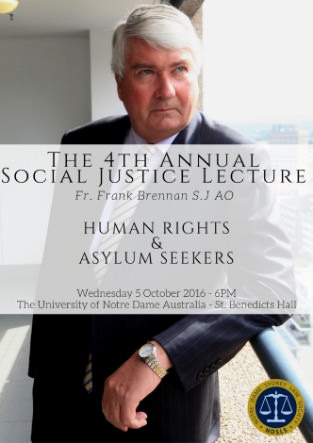
AUSTRALIA
- Frank Brennan
- 06 October 2016
8 Comments
Australia's policy is unique and unrepeatable by other nations because it requires that you be an island nation continent without asylum seekers in direct flight from the countries next door and that you have access to a couple of other neighbouring island nations which are so indigent that they will receive cash payments in exchange for warehousing asylum seekers and proven refugees, perhaps indefinitely. The policy over which Turnbull presides is not world best practice. It's a disgrace.
READ MORE
-
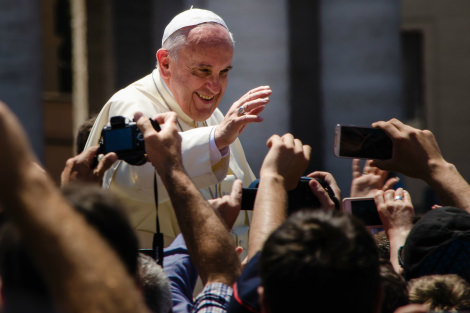
RELIGION
- Andrew Hamilton
- 15 September 2016
17 Comments
Is Francis' style of political engagement effective? It has certainly gained him a favourable hearing within church and society. His message and his personality suit the times. Whether it will be lastingly effective will depend on whether he changes attitudes, particularly those of people who will be responsible for governance in church and state. But at the very least he has stressed the ethical and religious urgency of treating refugees, the environment, and the economy with respect.
READ MORE 
-
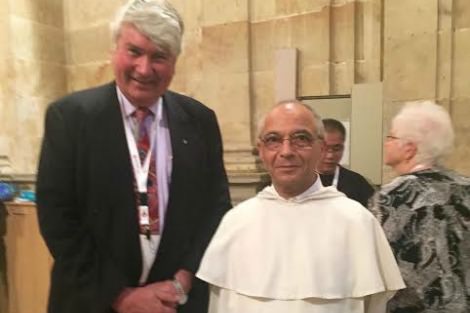
INTERNATIONAL
- Frank Brennan
- 05 September 2016
1 Comment
'I am a Jesuit amongst Dominicans contemplating the Church's view of human rights. I am a human rights practitioner rather than a theologian, aware that human rights discourse is increasingly more universal and secular. Contemplating, preaching and enacting human rights in the 21st Century Church and World, I come asking two questions.' Frank Brennan's keynote presentation in Salamanca Spain to the International Congress of Dominicans in the Promotion and Defence of Human Rights: Past, Present, Future on the occasion of their 800th anniversary.
READ MORE
-
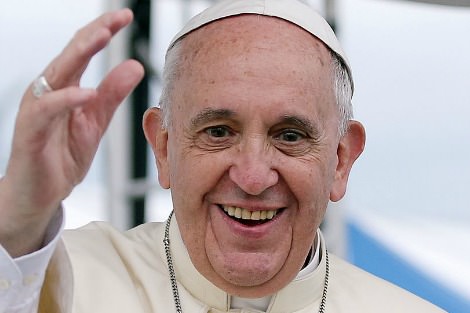
RELIGION
- Andrew Hamilton
- 11 April 2016
19 Comments
As Francis begins his fourth year in office, questions are raised as to whether the changes he has brought to the church will last beyond his time in office. Some argue that because he has made no significant changes in governance, his changes will not survive him. His successors and the Curia will be free to restore former expressions of church life. This argument highlights the need to embody vision in institutional structures. But good structures alone do not ensure the continuation of vision.
READ MORE 
-

ENVIRONMENT
- Paul Fyfe
- 11 December 2015
2 Comments
Twenty years ago I was hopeful that countries would take strong and sensible action to address climate change, just as we had in 1987 when we faced the major depletion of the ozone layer. The following years slowly erased this hope. The Church did not do enough to stem disappointment, or to affirm that 'stewardship' alone was not going to provide sufficient grounds for the needed changes. By 2010 I was resigned to devastation. But Pope Francis has provided me with a ray of hope.
READ MORE 
-
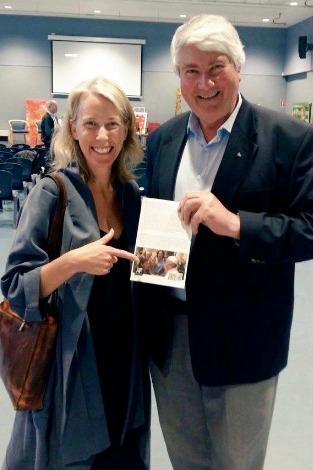
ENVIRONMENT
- Frank Brennan
- 06 November 2015
1 Comment
Francis does not pretend to have answers to the big questions which will confront world leaders when they gather in Paris. But he does think the science is IN, and the evidence is clear that much of the climate change, loss of biodiversity and water shortages are the result of human action. We are blessed to have a pope who speaks to all the world about the prudence, justice and empathy required so that more people on our planet might enjoy integral human development.
READ MORE
-
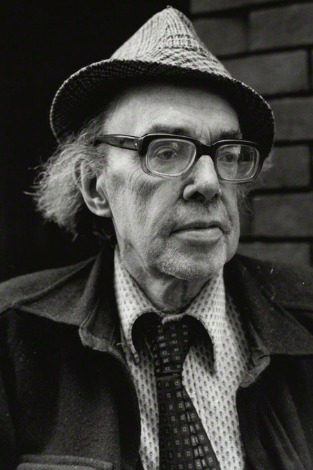
RELIGION
- Andrew Hamilton
- 29 October 2015
6 Comments
The journalist Claud Cockburn once said that Catholics could never bet on the election of a pope because they believed it was all up to the Holy Spirit. He was mistaken — many Catholics then and now would place a bet on anything and everything. His reasoning also overlooked the Catholic understanding that human beings cooperate with the Holy Spirit. But his association of God's action with the election and actions of popes provides a lens for looking at the recently concluded Synod on the Family.
READ MORE 
-

AUSTRALIA
- Frank Brennan
- 23 October 2015
4 Comments
Francis knows there are all sorts of issues inside and outside the Church where for too long people with power have tried to keep the lid on, in the hope that the problems and complexities will go away, often by parodying those who see the problems or complexities as small 'l' liberals or cafeteria Catholics. He delights in being joyful and troubled while contemplating big problems, calling people of good will to the table of deliberation reminding them of the kernel of the Christian gospels. He has the faith and hope needed to lift the lid without fear and without knowing the answers prior to the dialogue occurring.
READ MORE
-
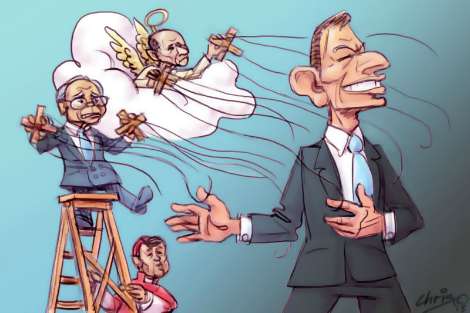
AUSTRALIA
- John Warhurst
- 01 September 2015
18 Comments
There is always an appetite for anything linking Tony Abbott and Bob Santamaria. The journalist in Abbott has encouraged observers to play up the links, even though it has never been entirely clear what he is saying. He has explained that he was impressed as a young man by Santamaria’s courage as an 'advocate for unfashionable truths’, but he also pays his public dues to a number of prominent figures including John Howard, Cardinal George Pell, John Hewson, Bronwyn Bishop and even Pope Benedict XVI.
READ MORE 
-

- Frank Brennan
- 26 August 2015
7 Comments
When addressing Italian doctors last November, Pope Francis quoted St. Camillus de Lellis who suggested that the most effective method in caring for the sick was simply to 'Put more heart into those hands.' Let's do something to change the market settings and political settings here in Australia to modify the behaviour of all Australians in the future, and let's attend to our own Franciscan interior ecological conversion with our care for the vulnerable.
READ MORE
-

- Frank Brennan
- 06 August 2015
3 Comments
Pope Francis is not the first pope to address a social encyclical to everyone. But in comparison with his predecessors, Francis has been more inclusive in the process of writing the encyclical and in the final content of the document. He quotes from 17 different conferences of Catholic bishops. He is at pains to indicate that he is collaborative and that he takes the principle of subsidiarity very seriously. Being the final redactor of the text, he has felt free to interpolate some very folksy advice from time to time. He has also taken the liberty of inserting some very blunt, evocative images of environmental and economic devastation.
READ MORE